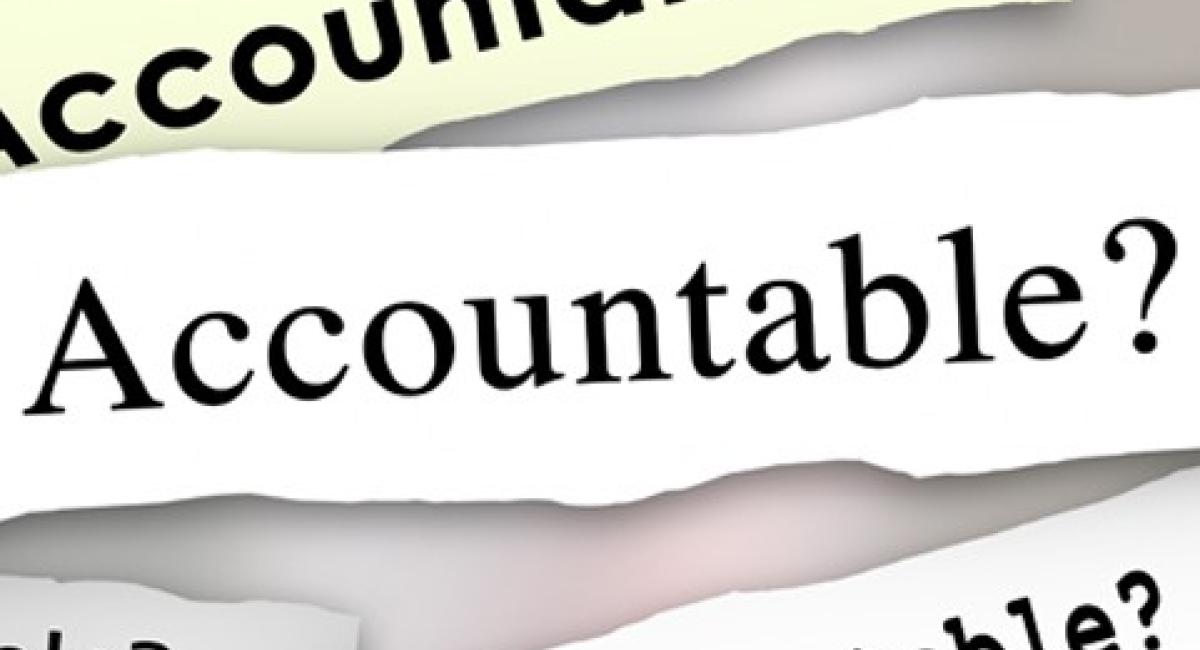Waiting for news about our future, whether that be about grad or med school, a new job, or a health diagnosis, can be hard to tolerate. With it often comes feelings of anxiety, fear of the unknown, or worry about potential news we’re not hoping for. These feelings are often intense and highly uncomfortable so we can find ourselves coping with them by distracting, numbing, avoiding, or constantly checking our devices for any new information that may have come in the last few minutes. This can sometimes feel like a new-found anxiety.
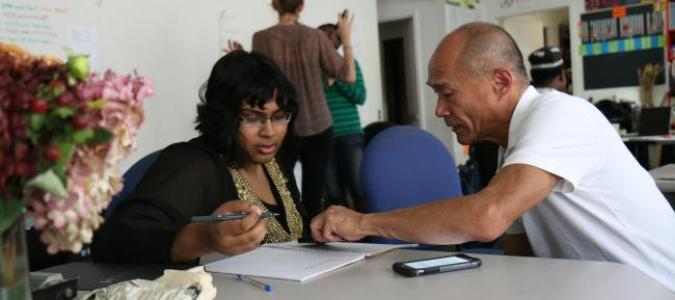
Mentoring More Efficiently and Sustainably
Mentoring is essential for the next generation of scientists. It can also be exhausting when you are managing largen mentoring responsibilities on top of your everyday work. The Harvard Business Review offers five strategies to help you manage mentorship efficiently and sustainably throughout your career. These are summarized below, but the full article can be read here: How to Mentor More People and Not Get Burned Out.
1. Team-Based Mentorship:
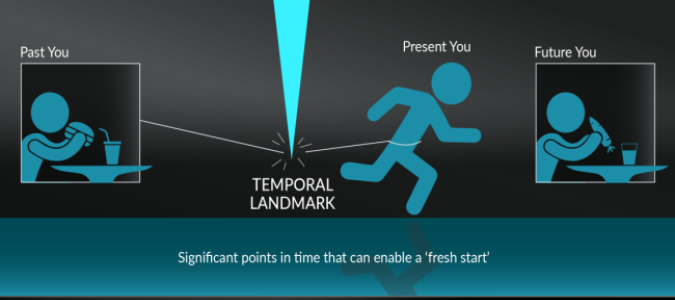
The Fresh Start Effect
An interesting research paper from the NIH sheds some light on new year’s resolutions.
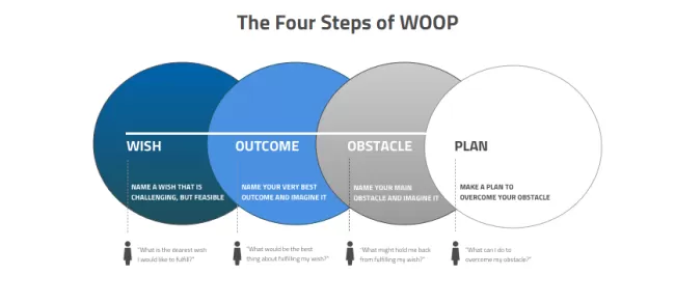
Tired of SMART Goals? Try WOOP!
We are entering the season of New Year’s Resolutions and goal setting. A commonly used framework for goal setting is to make your goals SMART. It is an approach we have encouraged through the years as it reminds you to make goals that are specific, measurable, action-oriented & achievable, realistic & time-oriented.

Burn Out a Work
Burnout often presents with three tell-tale symptoms. 1. Emotional exhaustion – you might have moments where you feel temporarily re-energized but then it is quickly swallowed up by an overall feeling of exhaustion. 2. Cynicism or feeling disengaged from your work – a feeling that none of what you do really matters anyway. 3. Self-doubt – burnout can also present by feeling like you are not qualified or good enough to perform the tasks of your job.

Help to Assess Your Career Growth
Post written by: Anne Kirchgessner, OITE Career Counselor
Recently, the OITE career counselors read an article by Leigh Branham about Questions People Need to Ask about Career Growth as posted within the National Career Development Association.

Writing an Effective Qualifications Summary for Resumes
A professional profile or qualifications summary can be a great introductory section for your resume, especially if you have over five years of experience and/or are making a career change. This can be your chance to highlight key qualifications, skills, and experiences as a snapshot for hiring managers.
This paragraph should consist of concise statements and strong action verbs to give a big picture overview of your accomplishments as they relate to the position you are targeting.
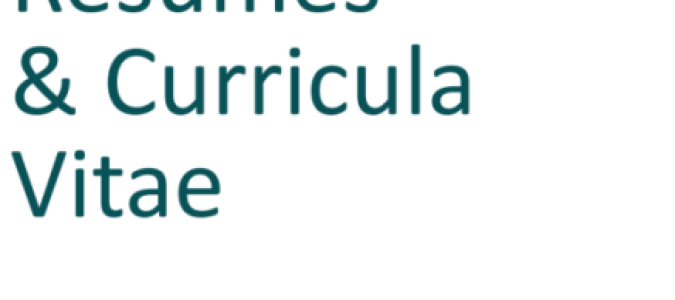
Resume/CV Question: NIH Email?
With a possible government shutdown, many trainees were stricken with the realization that they wouldn’t have access to their NIH email.


